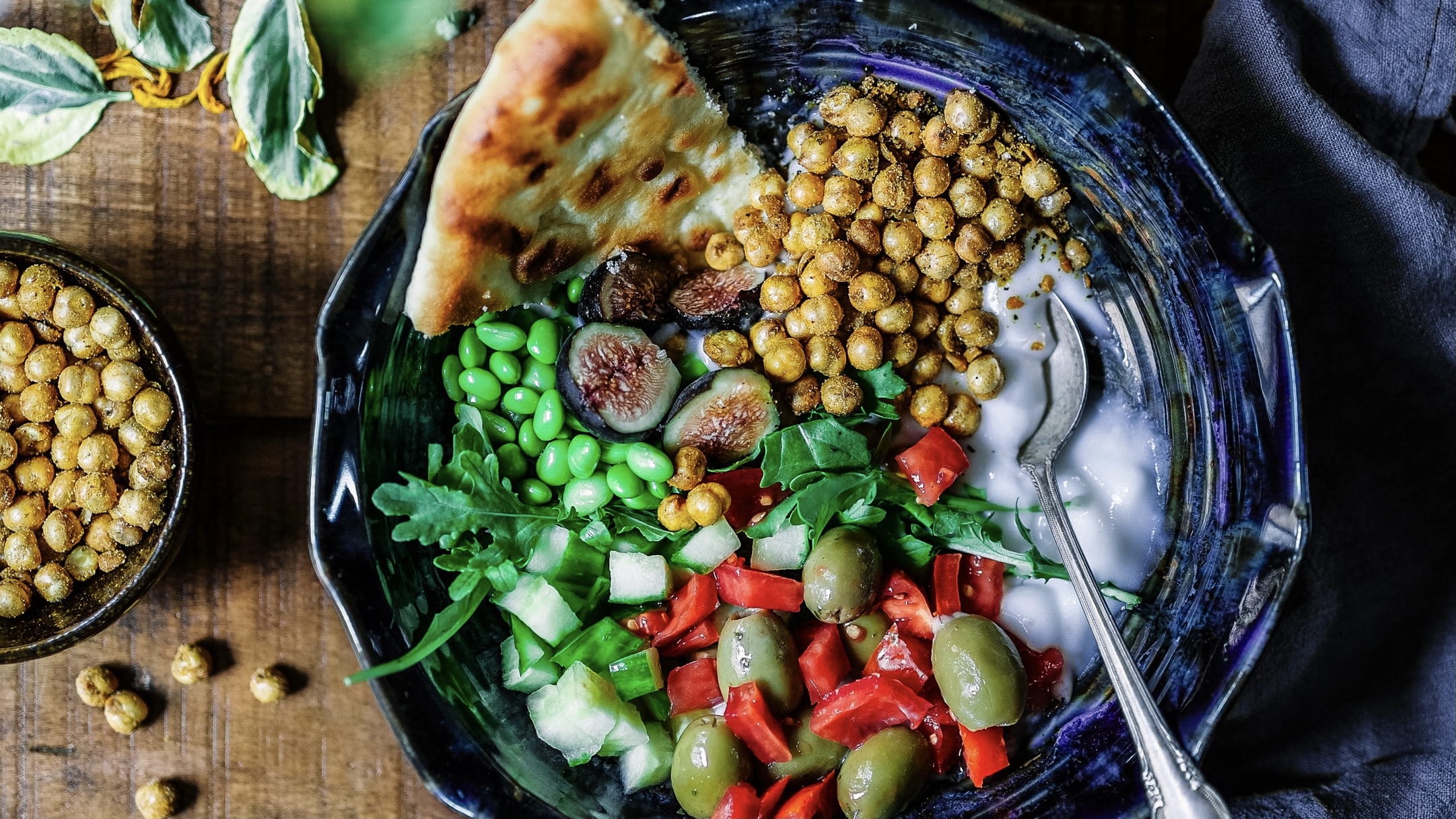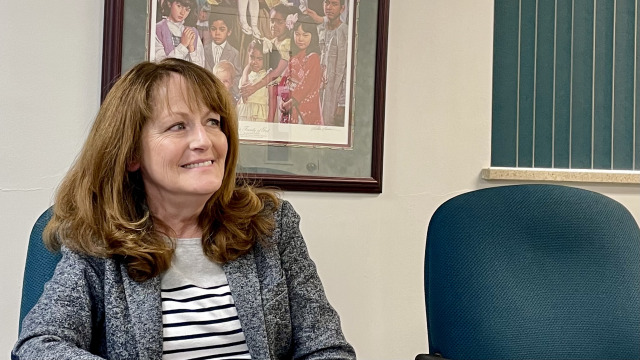By Karla Klemm … “Eat food, not too much, mostly plants,” said Michael Pollan well-known nutritionist and author of numerous best-selling books.
I appreciate the refreshing simplicity of this statement as a registered dietitian and find it to be quite true. I also know that what we eat can be as sensitive a topic as are politics and religion among gatherings of people, especially in the Adventist church.
Interestingly, research is discovering that a plant-based approach to eating is important for health. Ellen White was ahead of her time in this regard. The benefits of being a vegetarian are famously documented in the Adventist Health Study and the Blue Zones book by author Dan Buettner. Yet, the judgmental nature of feeling superior about one’s nutritional practices is not helpful and can be quite divisive.
There is a term coined in 2008 by dietitian Dawn Jackson Blatner called flexitarianism that is gaining steam in 2021. This approach to eating advocates the following principles:
- Eat mostly fruits and vegetables, legumes and whole grains
- Focus on protein from plants instead of animals
- Eat the least-processed, most natural form of foods
- Limit added sugar and sweets
- If choosing to eat meat, fish, eggs or dairy products, make it occasional and purchased from local sources
Research shows consumers care about buying local foods, decreasing their footprint on the climate through food, and eating foods that have ingredients we can pronounce (or that don’t have an ingredient list which means they are probably from the produce section of the grocery store). There has also been a “diet culture” change. People want to change their eating habits rather than go on a diet which is a “quick fix” and is not sustainable for a lifetime.
I would encourage individuals to cook more at home or learn to cook if you don’t already, eat meals together and, if possible, grow your own food. Eat the colors of the rainbow with the myriad of delicious produce offerings available in grocery stores. Buy local in-season produce when you can and make half of your plate fruits and vegetables at every meal.
Last but not least, love people! After all, does it matter what they eat?
–Karla Klemm is a registered dietitian and a member of the Grand Junction church; photo by UnSplash



